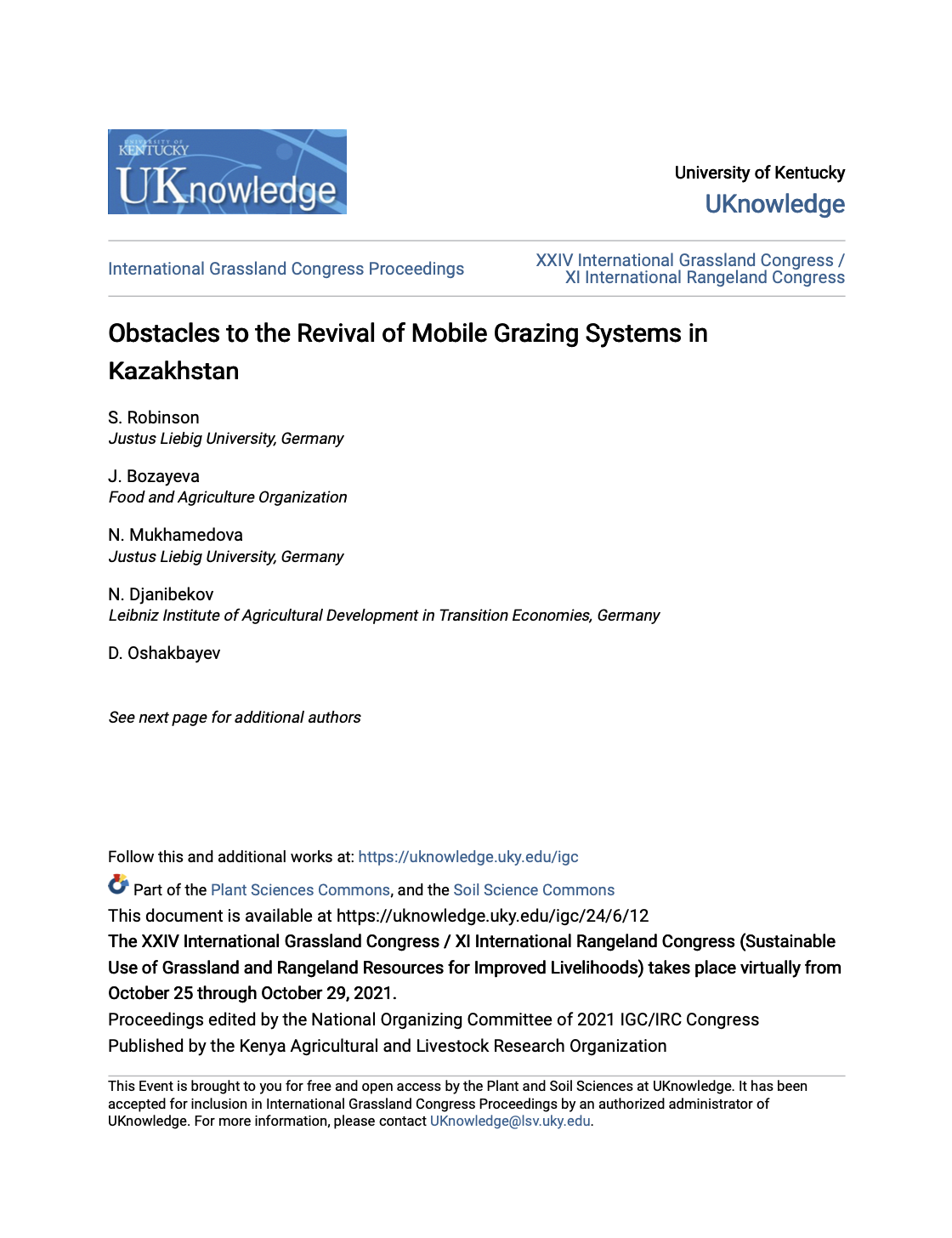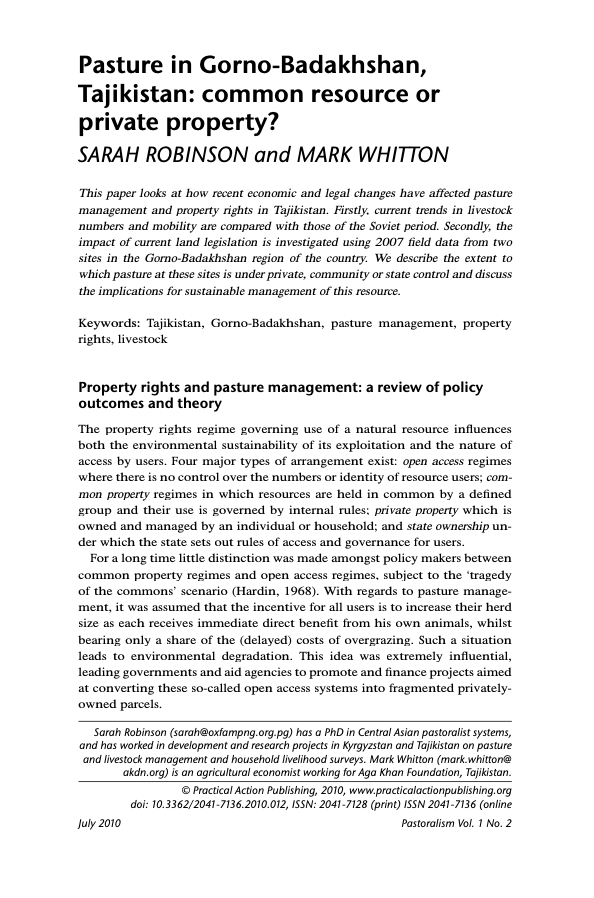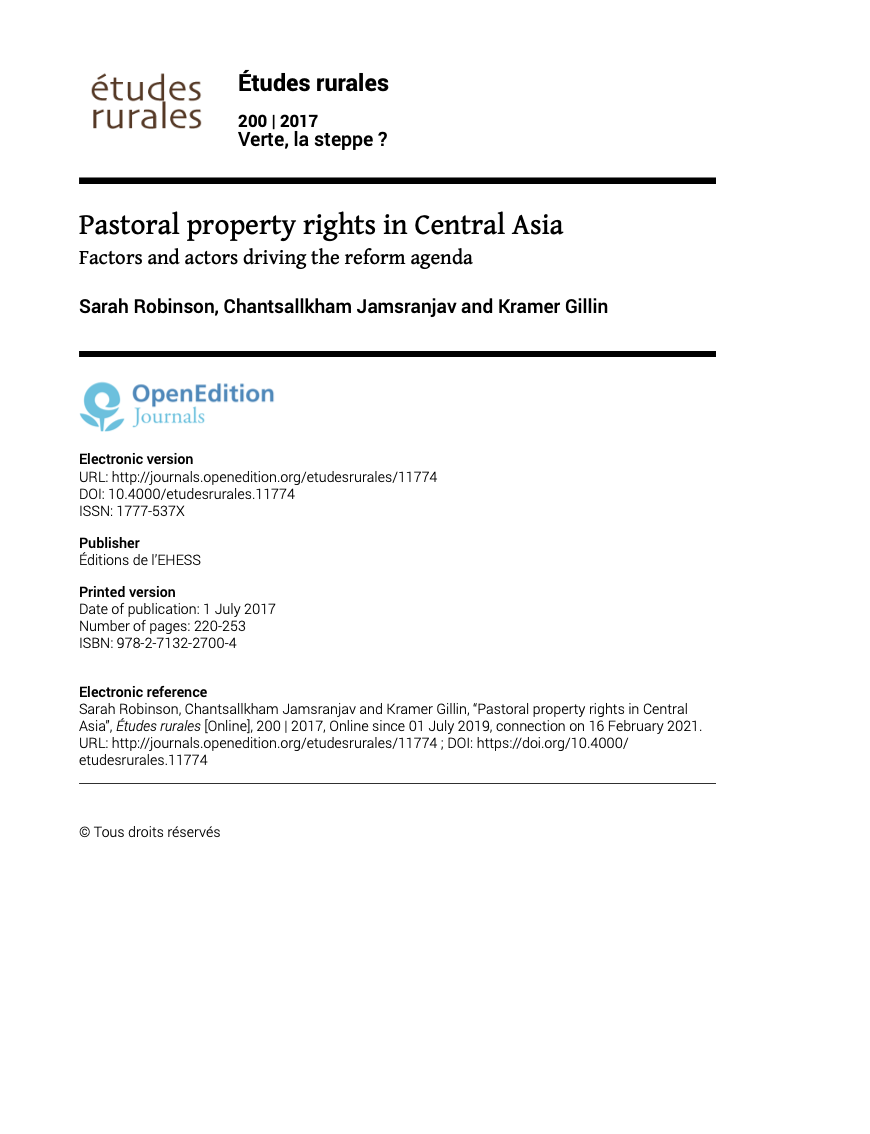Stepping up: Protecting collective land rights through corporate due diliegence
This guide is intended to supplement other resources that provide broader overviews of human rights due diligence. It will be particularly helpful for downstream businesses or investors as they navigate how to identify, address, and track the impacts of their value chains on indigenous peoples. The guide will also be useful for policymakers as they design due diligence legislation.









